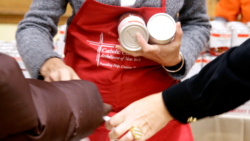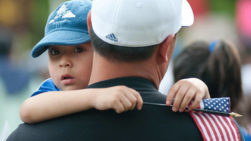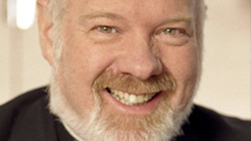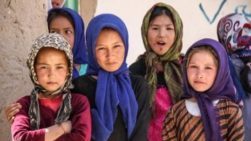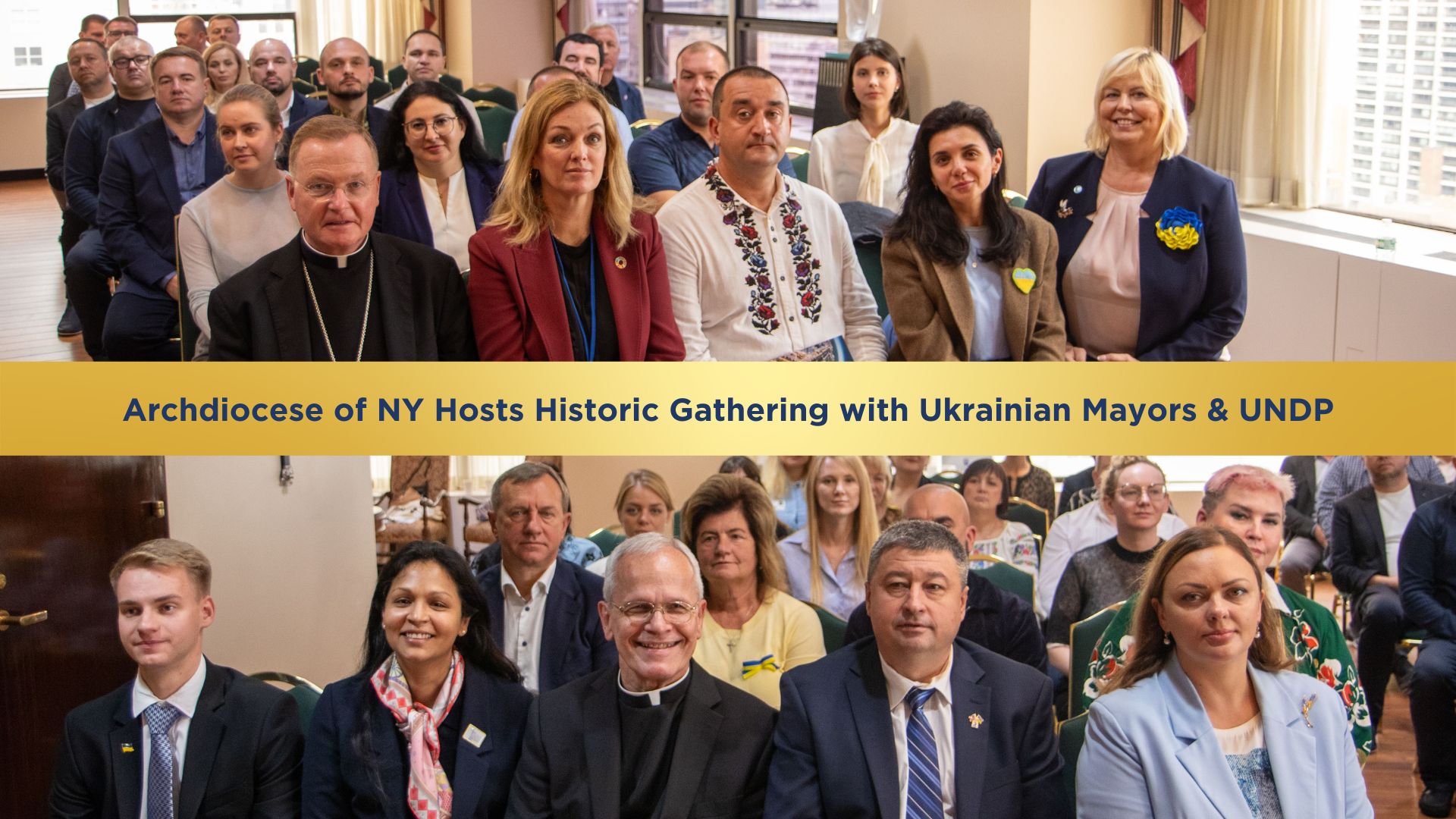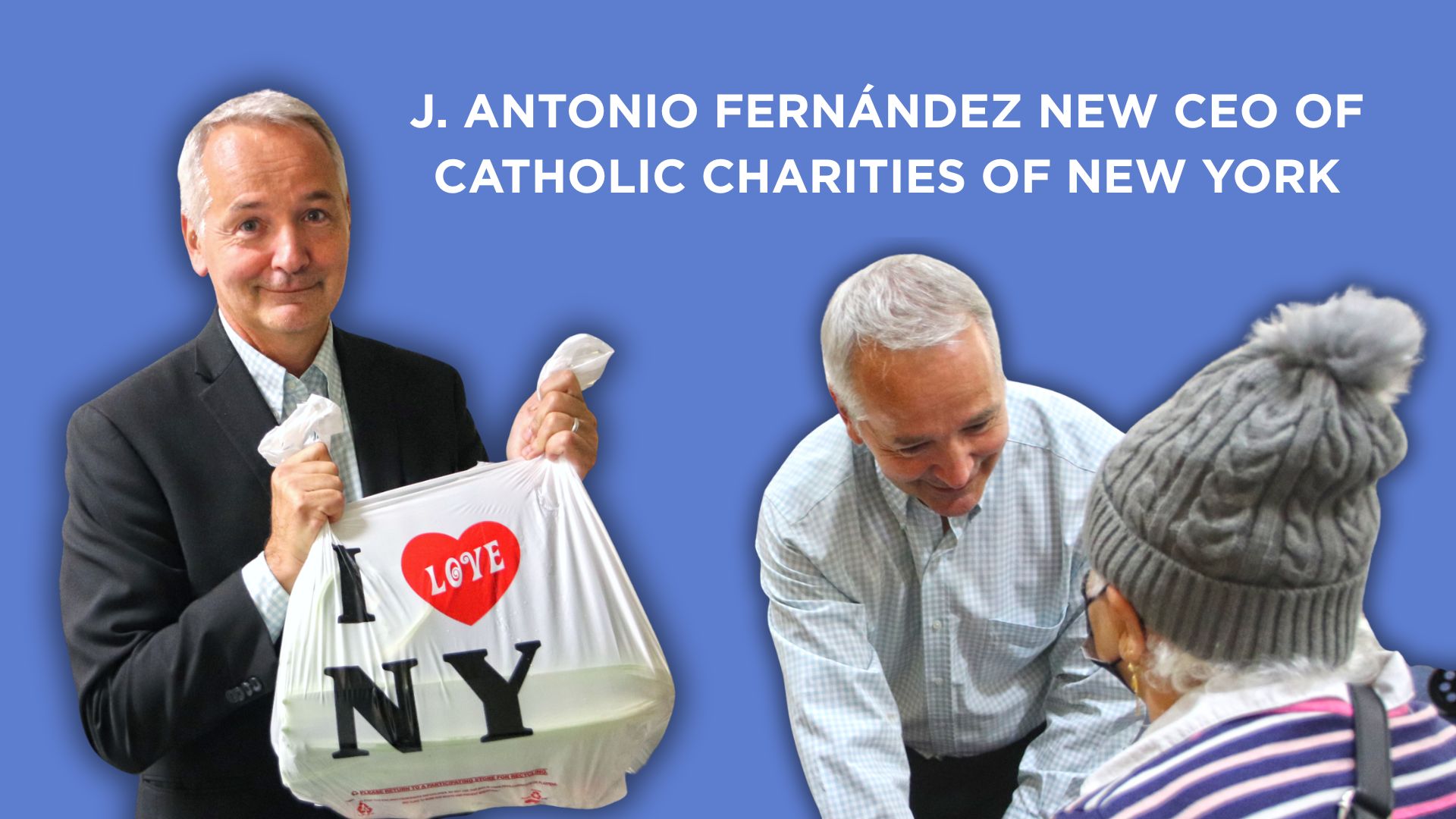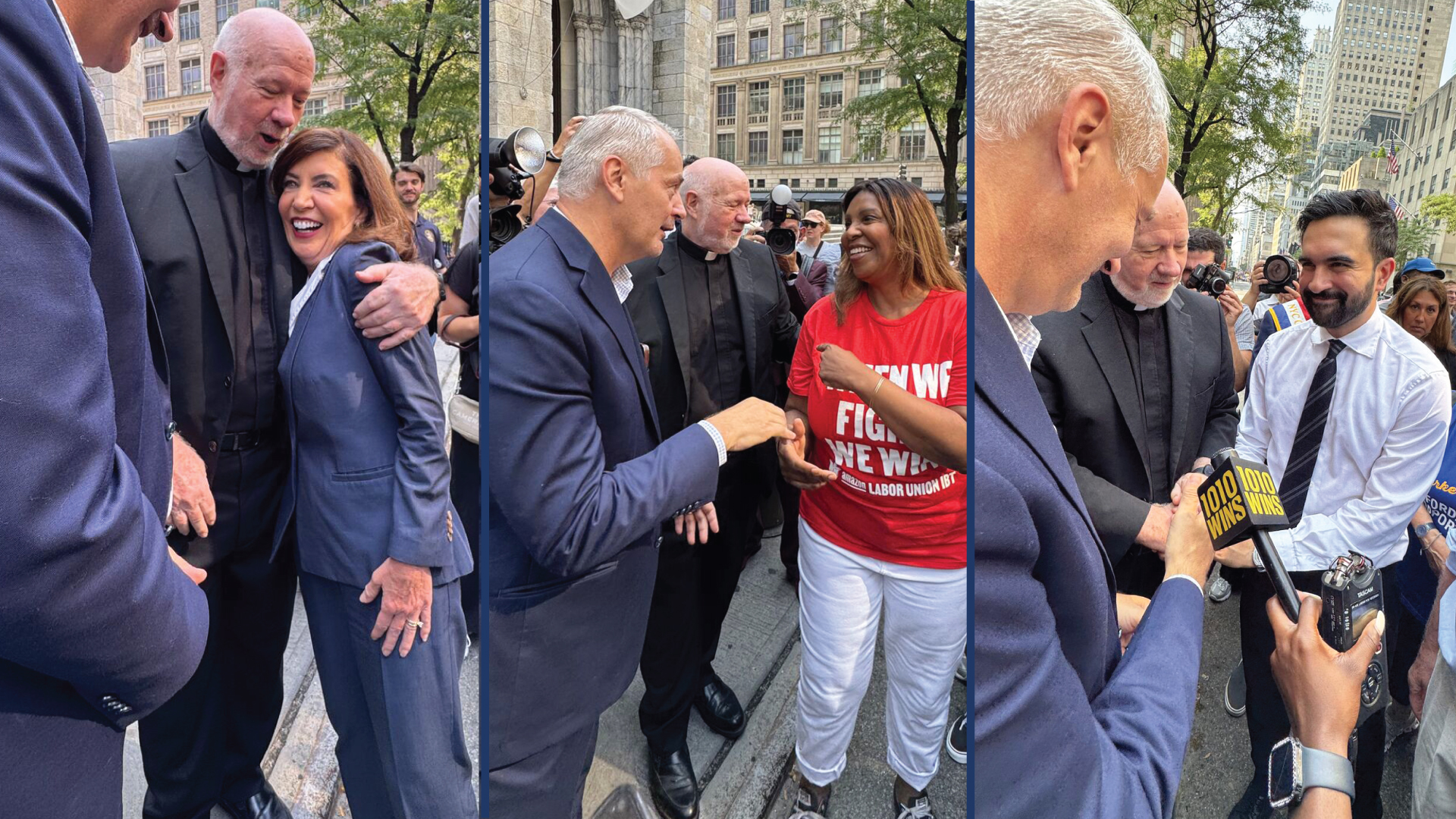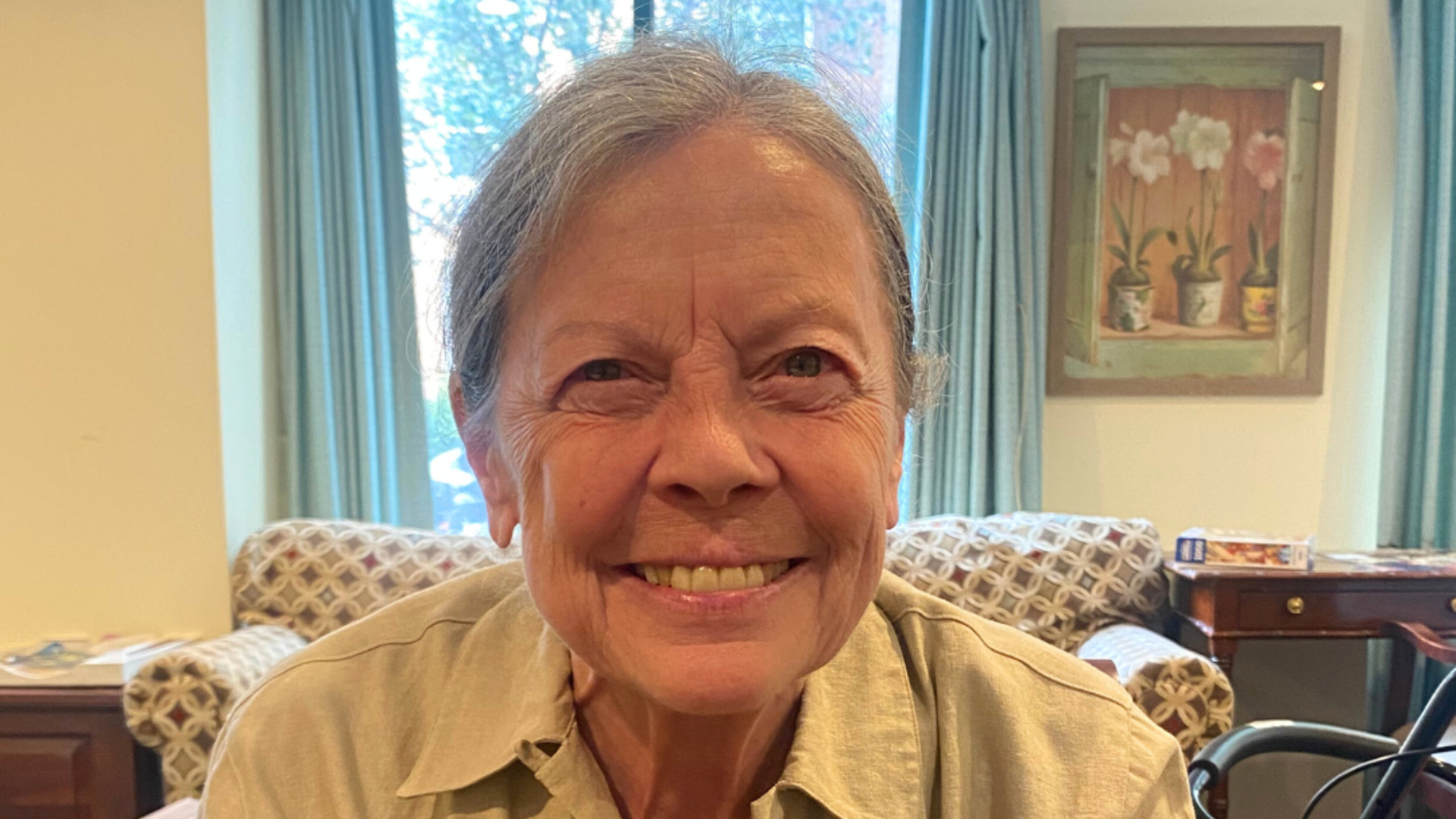In a powerful demonstration of resilience and determination, a delegation of 70 Ukrainian mayors and business leaders recently visited the United States, seeking partnerships and support for their communities affected by war. This historic gathering, hosted by Catholic Charities of the Archdiocese of New York, during the high-profile United Nations General Assembly Week, brought together local leaders Ivana Živković, the UN Assistant Secretary-General and Director of the Regional Bureau for Europe and the Commonwealth of Independent States (RBEC) at UNDP, and the Catholic Near East Welfare Association (CNEWA) to strategize on ways to aid Ukraine’s municipalities in their recovery efforts.
The Mayors’ Club of Ukraine: A United Front
The delegation was led by Yuliya Chufistova, a member of the Presidium of the Mayors’ Club NGO, which currently unites 630 mayors across Ukraine. “We are very happy to be here today with a big Ukrainian delegation of mayors and businesses who came to the United States looking for partnerships, networks, and communities to cooperate on different projects,” Chufistova stated. She emphasized the openness of local Ukrainian leaders to direct cooperation, facilitating partnerships between international organizations, businesses, and local governments.
Challenges and Needs
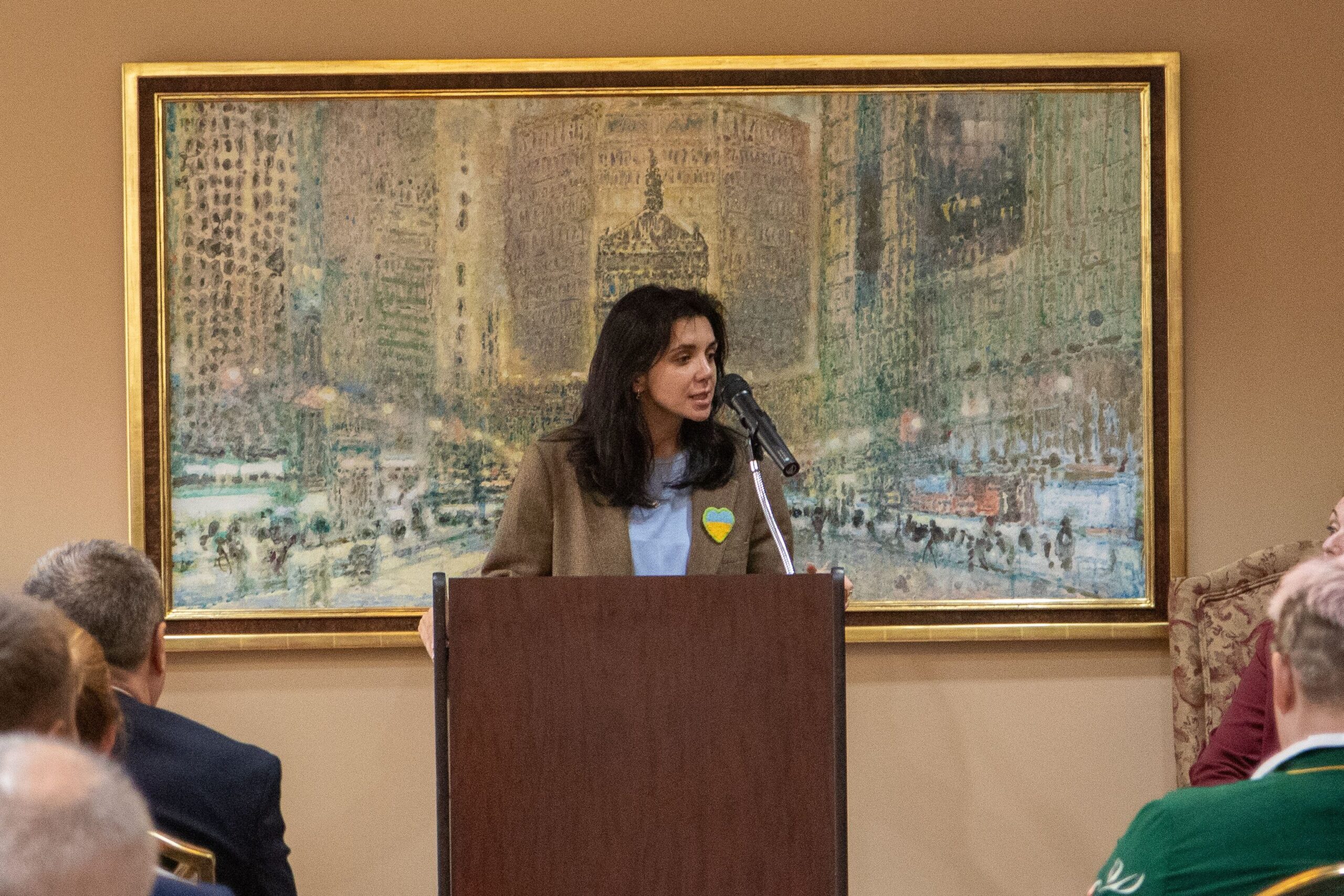
The visiting mayors outlined several pressing needs: Support for small and medium enterprises (SMEs), especially in frontline regions; Capacity building and upskilling programs; Assistance with demining efforts; Help with disassembling destroyed buildings; Educational support and school refurbishment; Social service for children and families; continued humanitarian aid.
Rehina Kharchenko, the acting mayor of Zaporizhzhia, highlighted the struggles of smaller municipalities: “Local SMEs have very low capacity. We need everything—capacity building, export potential, upskilling, reskilling of our people. In every sphere, we need knowledge and resources.”
Catholic Church’s Unwavering Support
Bishop Whelan, representing Cardinal Dolan and the Archdiocese of New York, reaffirmed the Church’s commitment to Ukraine.
“Your presence here reminds us that we are all united together. It’s so important that you’re here during United Nations Week because it reminds us that we’re all in this human effort together, and we need to take care of one another,” he remarked.
Monsignor Peter Vaccari, President of the Catholic Near East Welfare Association (CNEWA), a papal agency that accompanies Eastern churches and supports their humanitarian and pastoral work, elaborated on their long-standing involvement: “Within 24 hours of this invasion in February of 2022, Cardinal Dolan called for a press conference. As he announced the plan of the church to be involved on the ground in support of Ukraine.” Vaccari added, “Our agency, Catholic Near East Welfare Association, has been involved with partners on the ground for many years. Before the war began in 2014, and since the war accelerated with what has happened in February of 2022, the church has been on the ground.”
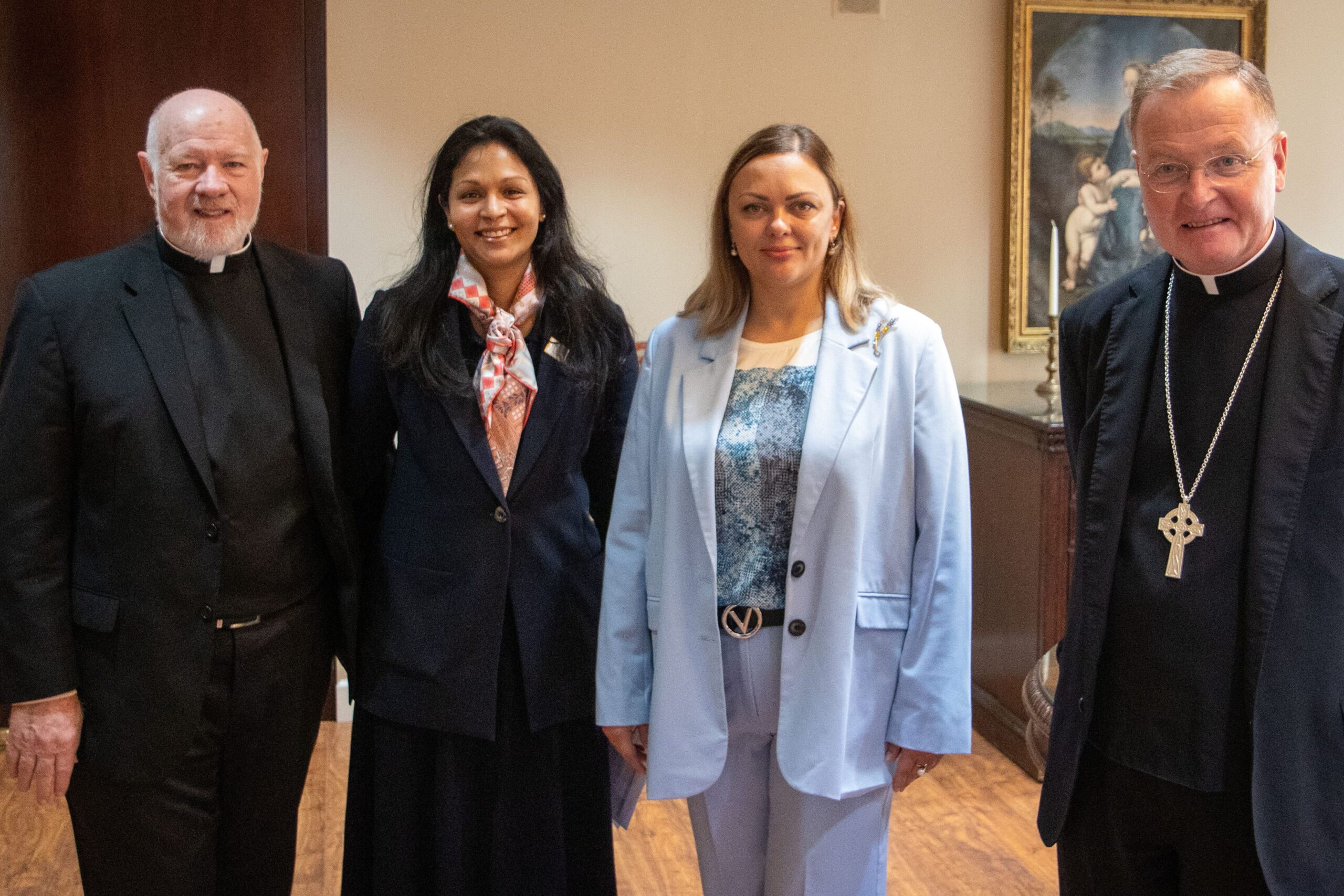
Monsignor Kevin Sullivan, CEO of Catholic Charities New York was also present to greet the delegation, having visited the people of Lviv with Cardinal Dolan and CNEWA in May 2022.
UNDP’s Ongoing Commitment
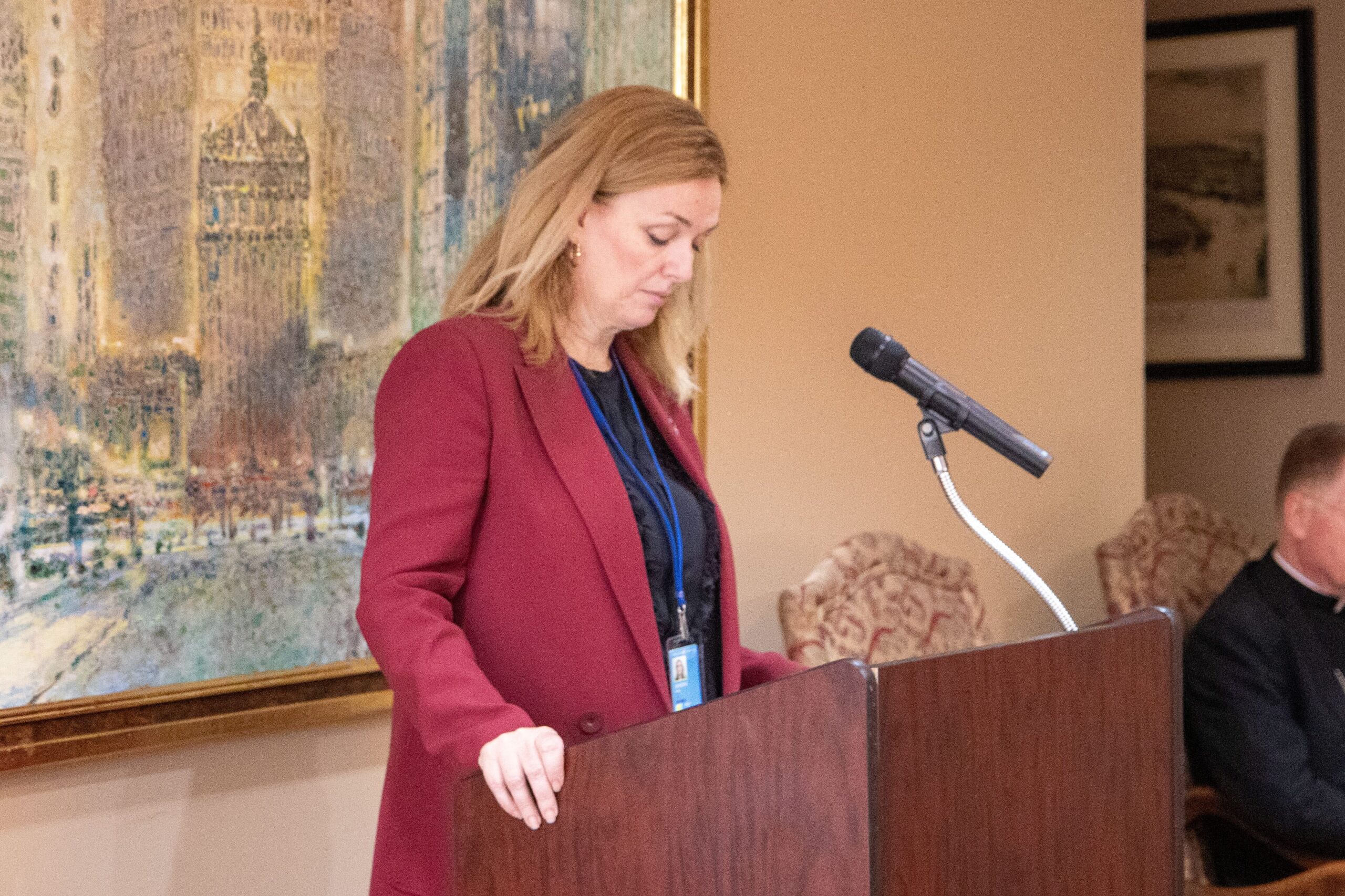
The United Nations Development Programme (UNDP) reaffirmed its long-term commitment to Ukraine. Representing the United Nations at this crucial gathering was Ivana Živković, UN Assistant Secretary-General and Director of the Regional Bureau for Europe and the Commonwealth of Independent States (RBEC) at UNDP. Her presence underscored the UN’s engagement with Ukraine’s recovery efforts.
With a presence in six hubs across the country—including Dnipro, Uzhhorod, Lviv, Odessa, and Kyiv—and over 400 staff members, UNDP is focusing on rebuilding energy infrastructure and providing economic opportunities, especially for small and medium enterprises.
Živković shared, “We see our presence in Ukraine as a long-term one, and we want to be there to support you in your recovery efforts.” She emphasized that UNDP has raised $650 million since the start of the war but acknowledged that this is just a fraction of the estimated $480 billion needed for full reconstruction.
Refugee Assistance in New York
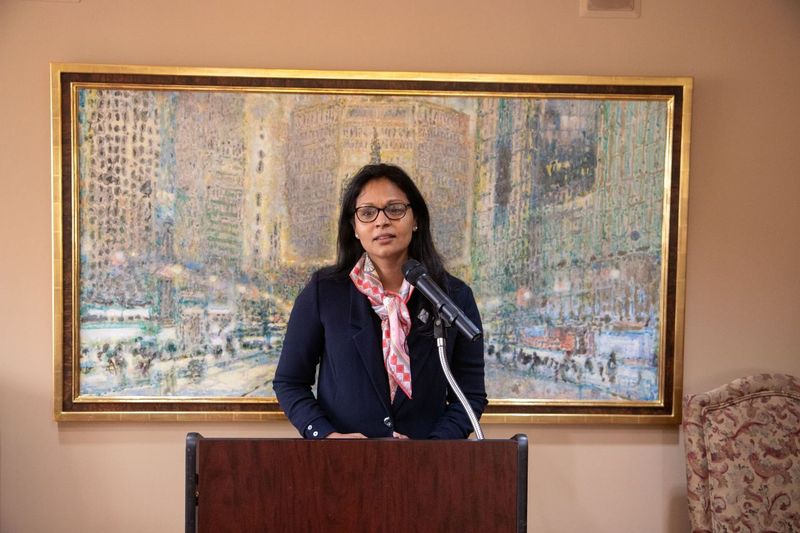
“Catholic Charities New York has been at the forefront of receiving and resettling over 4,000 Ukrainian refugees”, said Marion Boteju, Chief of Staff at Catholic Charities, emphasizing the broader implications of this meeting: “I think it shows the solidarity of the Church with suffering people, both locally and globally. The work that we do on the ground in Ukraine through organizations like Caritas, CNEWA, and partner organizations like the United Nations is so crucial to working towards peace, security and humanitarian relief for those who are suffering in those regions.”
Shorena Kiknadze, a Refugee Resettlement staff member at Catholic Charities New York, provided insight into their direct assistance efforts:
“Catholic Charities provides services, core services to settle them, to apply and receive all documents necessary for work, for existing in this country, and assist with basic needs, to cover food needs, rental assistance, and of course a very important thing we are providing is to help them find employment and jobs.”
She added, “The final goal of this assistance we are providing is to help them to achieve social and economic self-sufficiency.”
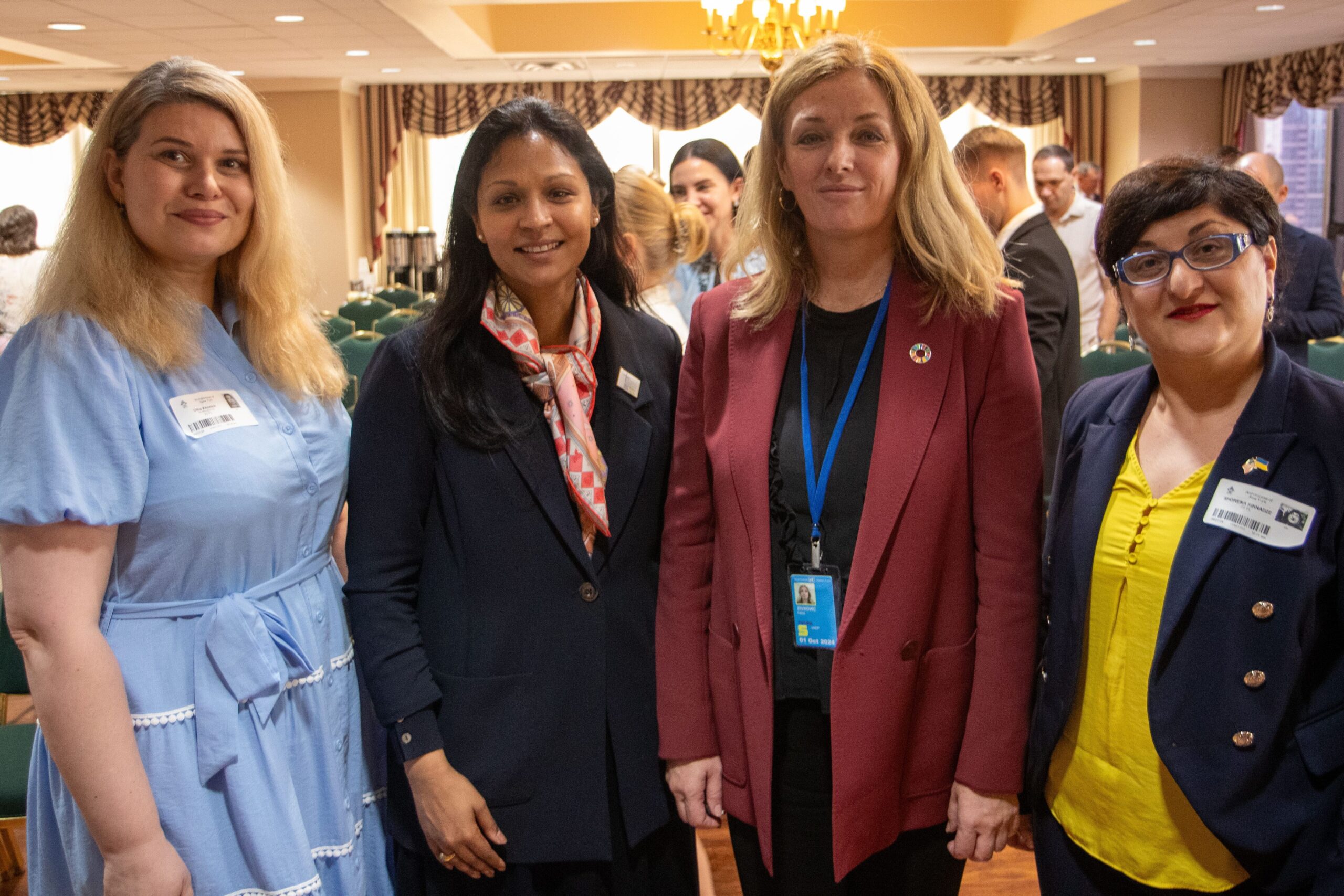
Olha Khonich, who now works to resettle Ukrainian refugees in New York, recalled her time in local Ukrainian government, before the war.
Looking Forward
Despite the enormous challenges, the Ukrainian delegation’s visit to the United States demonstrated their unwavering commitment to rebuilding their communities and their country. By fostering direct partnerships and sharing their stories, these local leaders are not only seeking immediate aid but also building the foundations for Ukraine’s long-term recovery and resilience.
The visit of the Ukrainian mayors and the support expressed by organizations like CNEWA and Catholic Charities serve as powerful reminders of the importance of international solidarity and collaboration. As Peter Vaccari from CNEWA noted, the Church and its partners have been on the ground since the beginning, and this continued support, coupled with the efforts of local leaders and international organizations, provides hope that Ukraine’s recovery will not just rebuild what was lost, but will also lay the foundation for a stronger and more resilient nation in the years to come.
As the conflict continues, the international community’s sustained support and engagement with local Ukrainian leaders will be crucial in helping the country navigate its path towards peace, reconstruction, and a brighter future.


